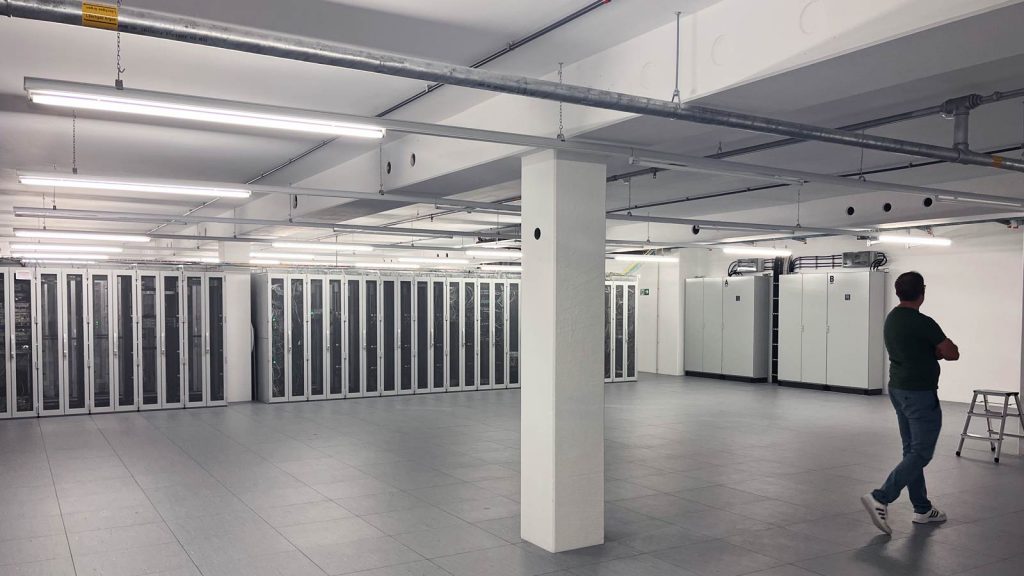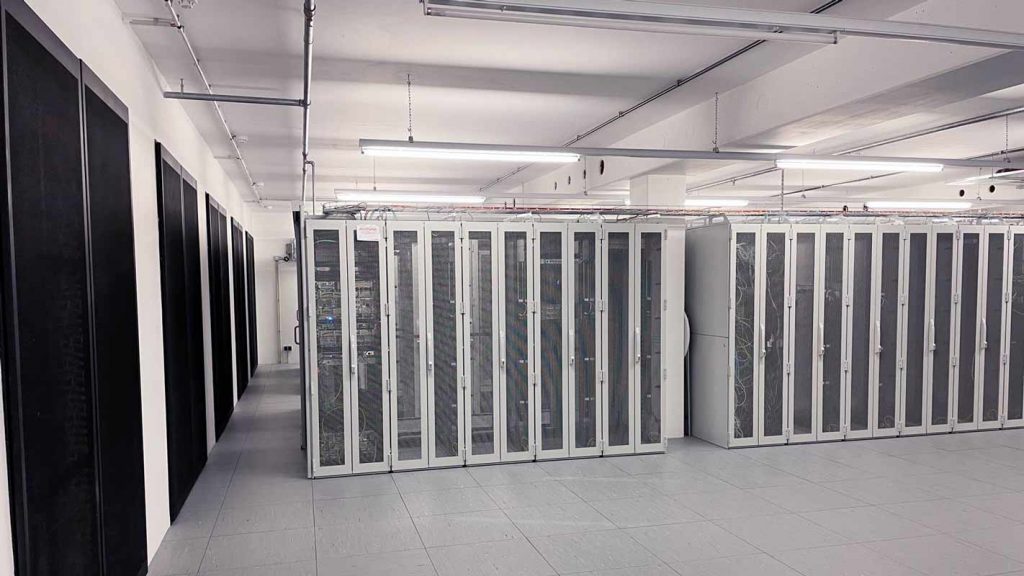From June 21 to 22, the German OpenStack Days 2016 (DOST 2016) took place in Cologne, already for the second time this year. The event attracted about 250 visitors to Cologne-Deutz.
As always, the participants were a colorful mix - from small IT service providers and technology enthusiasts to large corporations, everyone was represented. The German OpenStack Days are particularly important for the mutual exchange of experience and information on current developments around the topic of OpenStack use and cloud computing in Germany.
[mk_image src="https://www.scaleuptech.com/de/wp-content/uploads/2016/07/DOST_2016_FAZIT.png" image_width="800″ image_height="350″ crop="true" lightbox="false" frame_style="simple" target="_self" caption_location="inside-image" align="left" caption="© ScaleUp Technologies" margin_top="25″ margin_bottom="25″]
OpenStack UseCases from practice (Metro, VW, SAP)
As at the OpenStack Summit in Austin in April, a number of large German corporations reported on their use of OpenStack here in Cologne. For example, METRO Systems, an IT subsidiary of METRO AG, already has two OpenStack clouds in productive use in its German data centers with 17,000 vCPU cores. Further installations and extensions are currently under construction.
The VW Group has also chosen OpenStack as its cloud operating system and reported on its plans to build a 1000+ node private cloud using OpenStack, which will host the VW, Audi and Porsche brand websites and be used as an innovation platform, e.g. for the self-driving car project. A public cloud extension is also being considered. Last year at the German OpenStack Days, the BMW Group already reported on their experiences with OpenStack.
SAP AG has been using its OpenStack Cloud for five years and is now also using OpenStack as the IaaS basis for its own platform services, the SAP HANA Cloud Platform. SAP HANA is based on Cloud Foundry and, as an IaaP service, makes it possible to build customer-specific ERP systems using SAP standard licenses and over 1000 partner applications. SAP is very successful with this universal platform approach, with more than 3200 licensed users.
ScaleUp also reported on its experience with OpenStack, similar to what we did at the OpenStack Summit in Austin in April of this year. The presentation slides are here available for download and the complete Video to the ScaleUp talk at the German OpenStack Days 2016 is now available via YouTube.
Our conclusion
As a conclusion of this year's German OpenStack Days, it can be stated that the interest in OpenStack is not only very great and has increased further, but OpenStack as an OpenSource standard is now also increasingly in productive use in Germany. The size of planned projects has increased rapidly and can keep up very well in international comparison.
More interesting articles on the topic:
SAP HANA Cloud Platform - Success Stories from the Field, 16.06.2016
Volkswagen chooses OpenStack for private cloud, 06.04.2016


